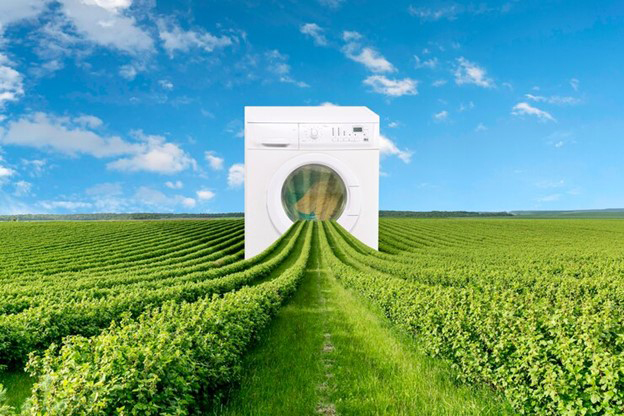
The agriculture industry is considered the backbone of the Indian economy, as this sector alone accounts for a huge percentage of the country’s GDP. Other than this, the agriculture industry and its allied sectors are also known for employing more than half of the country’s working population. As a result, this industry has evolved at a rapid pace in the past few years. Like any other sector, the farming industry has also witnessed a number of technological advancements. This has led to a reduced amount of effort combined with higher crop production.
Gone are the days when farming used to be a highly land- and labor-intensive process. With the help of modern farming technology, it has become easier for farmers to increase productivity and maximize overall profitability. In the current scenario, new farming technology is being introduced every other day, and the best part is the receptivity shown by farmers.
In recent years, a number of new concepts have emerged in terms of technology used in agriculture. Precision farming and smart farming are two of the most talked-about ones. Although these concepts have been here for a while, not many people have a clear understanding of them. Here is a detailed explanation of what they are and how farmers can make the most of them:
Precision farming, as the name suggests, is a process of using different types of tools and technologies to understand the exact requirements of a crop. It starts with a detailed analysis of the soil, followed by a structured study of the specific requirements of the crop. Other than this, it also involves accessing real-time data about crop and soil conditions, ambient air, and weather predictions for that specific area. With the help of this information, it gets easier to avoid any kind of damage to the crop and increase the overall yields. In short, precision agriculture uses technology to boost productivity and make things simpler for farmers.
Some of the important components used in precision farming include:
There are a number of benefits that precision farming offers. Some of the major ones include:
Smart farming can be defined as the process of using advanced tools to perform different farming-related tasks. Also known as agriculture automation, this involves the implementation of technology to utilize human efforts in the most effective manner. It not only reduces the overall cost but also results in better crop quality and quantity. Earlier, it used to be a huge challenge for farmers to understand the right time for sowing, fertilizer application, and using other crop protection products. But smart farming uses several software solutions that can help them understand all these things.
Unlike precision farming, it is not just about collecting different types of data to grow a crop. Instead, smart agriculture uses technology to capture data and carry out all the farm operations more efficiently. In addition to that, it also allows farmers to monitor those operations remotely and ensure high productivity.
Some of the important components used in smart farming are:
Here is a list of the key benefits offered by smart farming:
Like any other advanced technique, precision farming and smart farming both come with their own advantages. It is important for farmers to figure out what meets their requirements and works best for them while making a choice.